In the world of social media, each platform is known for a set of unique things it provides to its users. Facebook is chiefly known for making new friends and catching up with old ones. Instagram is known for celebrity happenings, gaining followers, and, lately, reels. Snapchat is the place to hang out with friends privately and to capture amazingly filtered photos.
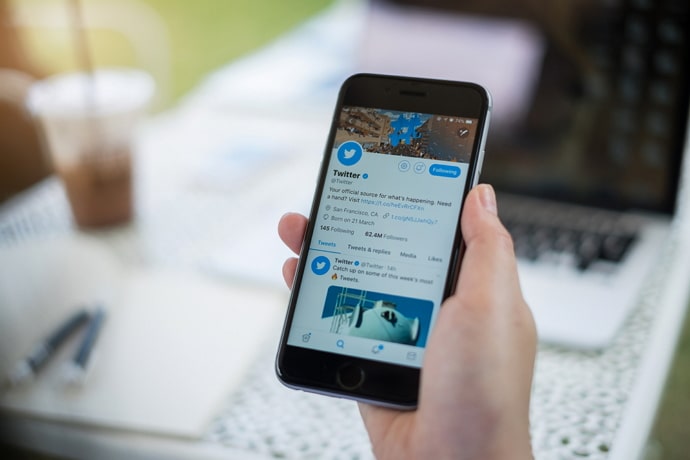
Along the same lines, Twitter is the place to find trending topics and controversies. It is probably the best place to participate in hot debates and express unfiltered views and opinions. Considering the number of daily debates on Twitter, it is no wonder why the platform is regarded as the best place to express yourself freely.
But your opinions might not go down well with others. And conflict of opinion is more common on Twitter than on any other platform. In some of these situations, it is common for people to report your account.
If you have been notified that someone has reported you on Twitter, you might wonder who reported you.
In this blog, we will talk about if and how you can report someone on Twitter and what you should do to avoid getting reported in the future. Let’s start.
How to See Who Reported You on Twitter
If you have received a warning from Twitter regarding a potential violation of Twitter’s Rules or Terms of Service, if one or more of your tweets have been removed by the platform on the grounds of such violations, or if Twitter has locked or suspended your account, it is likely because one or more people have reported you or your tweets on the platform.
Twitter allows everyone to express their views freely to the world. But that doesn’t mean it doesn’t care what you share. Therefore, the platform provides every user an option to report any content that seems unacceptable, inappropriate, or in violation of the platform’s TOS.
Anyone can report your account, tweets, or Direct Messages (DMs) on Twitter. But you don’t need to worry about each such report. Twitter reviews every report and takes any necessary actions only after it finds your account or content violating the rules and terms.
Getting reported doesn’t feel good, and you might want to talk with the person who reported your content. But look, everyone has the right to report you on Twitter, and it’s no use chatting or quarreling with them.
After all, it’s ultimately not their report responsible for the action taken against you, but your tweet or messages. The reporter just brought that tweet or message to Twitter’s attention.
Instead of thinking about finding the user who reported you, it’s better to take necessary actions from your side to prevent users from reporting you. So, let’s talk about what actions can lead users to report your account or tweets.
Why were you reported on Twitter?
Twitter takes every report seriously. This means that even if a single person reports your tweet, tweet replies, DMs, or anything else you have shared on Twitter, the platform reviews the report and takes necessary actions if necessary.
But which kind of content can lead Twitter to take action?
Not every report counts. For example, if you tweeted something like “Fried peanuts taste the worst,” anyone who loves fried peanuts might not like your tweet and can report it if they want. But does that mean your tweet will be removed? Twitter reviewers will probably not even think about the report twice before discarding it. Nothing will happen.
But some actions can be problematic. Twitter has set some well-defined rules that every Twitter user must abide by. If your tweets, replies, or messages violate these rules, you might be on the verge of facing action.
So, what are the actions that can get you reported on Twitter?
1. Abusive Behavior
On Twitter, you are expected to address everyone with respect, no matter whether you like them or not. Spreading hate and violent threats against someone is not allowed, nor is insulting anyone aggressively for any reason. Harassing others will attract the same action as denying any public catastrophe or casualties will.
2. Misuse and Spam
No platform likes spam and spammers. So, you should always avoid sending repetitive texts, tweets, or replies to anyone and must not engage in sending unsolicited DMs to people you don’t know. All such behavior is considered spam and can lead to your account getting locked.
Moreover, Twitter also bans any kind of platform manipulation and misuse, which means you should not use any unfair means to increase your followers and improve engagement. “Unfair” means buying and selling likes, replies, or followers; following and unfollowing many people quickly; or creating multiple accounts to manipulate tweets and replies.
3. Adult Content/Nudity
Twitter is not an adult site, so it expects everyone to maintain decorum by not expressing adult content that might include nudity, sexual acts, or any other kind of content that might not be suitable for all audiences on similar grounds. Sharing photos or videos of someone’s private body parts or actions without their consent also violates the rules.
4. Child Abuse
Any kind of content showcasing any kind of sexual abuse of a child is strictly against the platform’s TOS. Sharing any content that depicts children being physically or sexually abused or indulging in sexual behavior might lead to a permanent ban. The same is true for sharing links to sites that show similar content.
5. Impersonation and Fake Identity
Twitter is all about expressing yourself. So, if you won’t be what you originally were, you risk account suspension. Pretending to be another person is a joke as long as you explicitly mention “parody” in your account and tweets. But if you try to do anything that might create a wrong impression of someone else, that’s not allowed.
Similarly, pretending to be someone who doesn’t exist or adding someone else’s picture and bio to your account will lead to the same actions.
6. Inappropriate content
A large variety of content that might not be suitable for everyone and is potentially inappropriate is banned on Twitter. This includes content that spreads, promotes, or encourages hate towards any person, group, or community.
The same goes for content that spreads or promotes violence or threats, depicts individuals indulging in self-harm or suicide and promotes such activities, contains someone’s private info or media without their consent, or depicts graphic violence, sexual violence, and any similar thing.
The best way to deal with reports on Twitter is to avoid sharing anything related to the above six categories.
The takeaway
After reading this blog, we are sure your questions about being reported on Twitter would have cleared. Anyone can report you on Twitter, whether you did anything wrong or not, and you cannot do anything to prevent people from reporting your tweets or knowing the identity of the person who reported you.
Also Read:

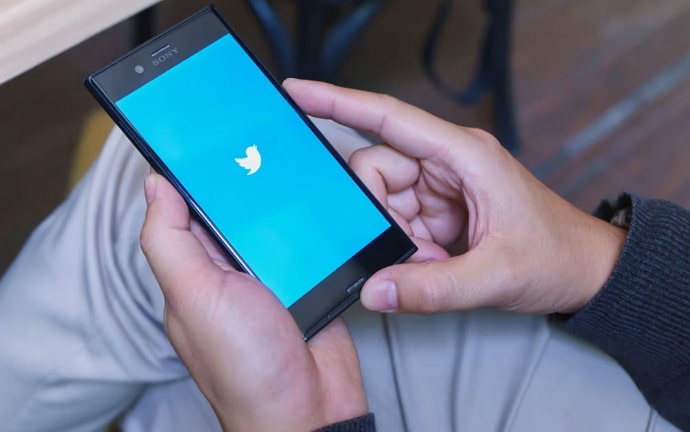
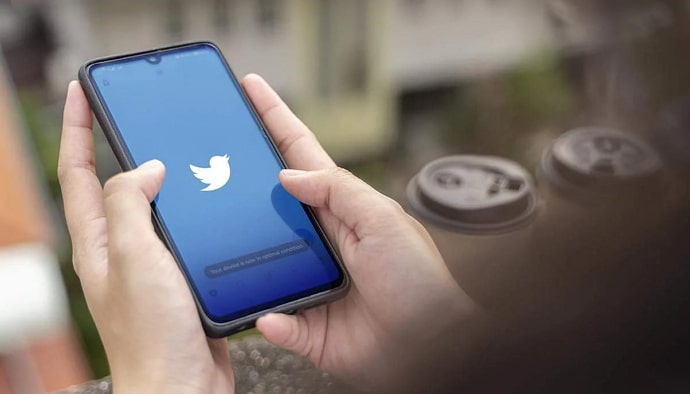
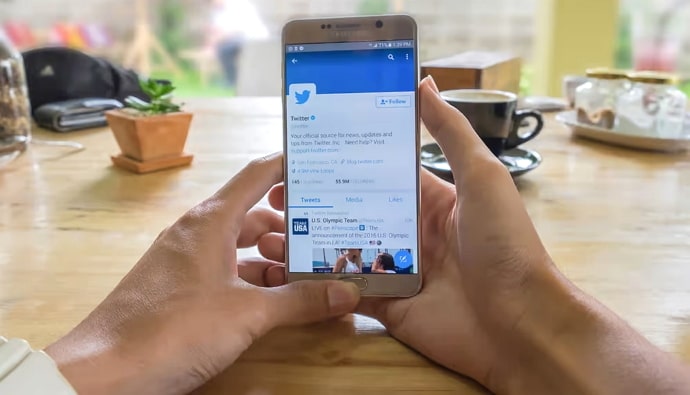
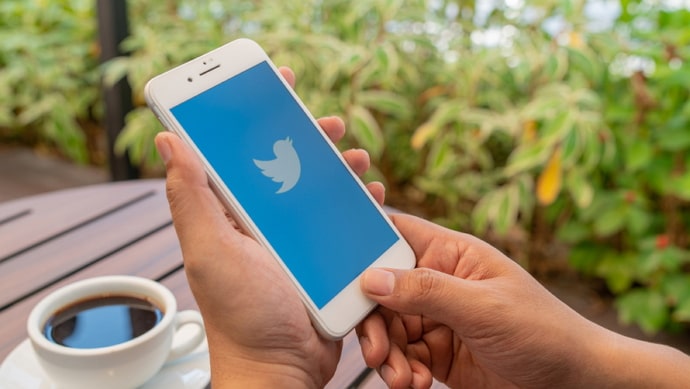
 Bitcoin
Bitcoin  Ethereum
Ethereum  Tether
Tether  XRP
XRP  Solana
Solana  USDC
USDC  Dogecoin
Dogecoin  Cardano
Cardano  TRON
TRON